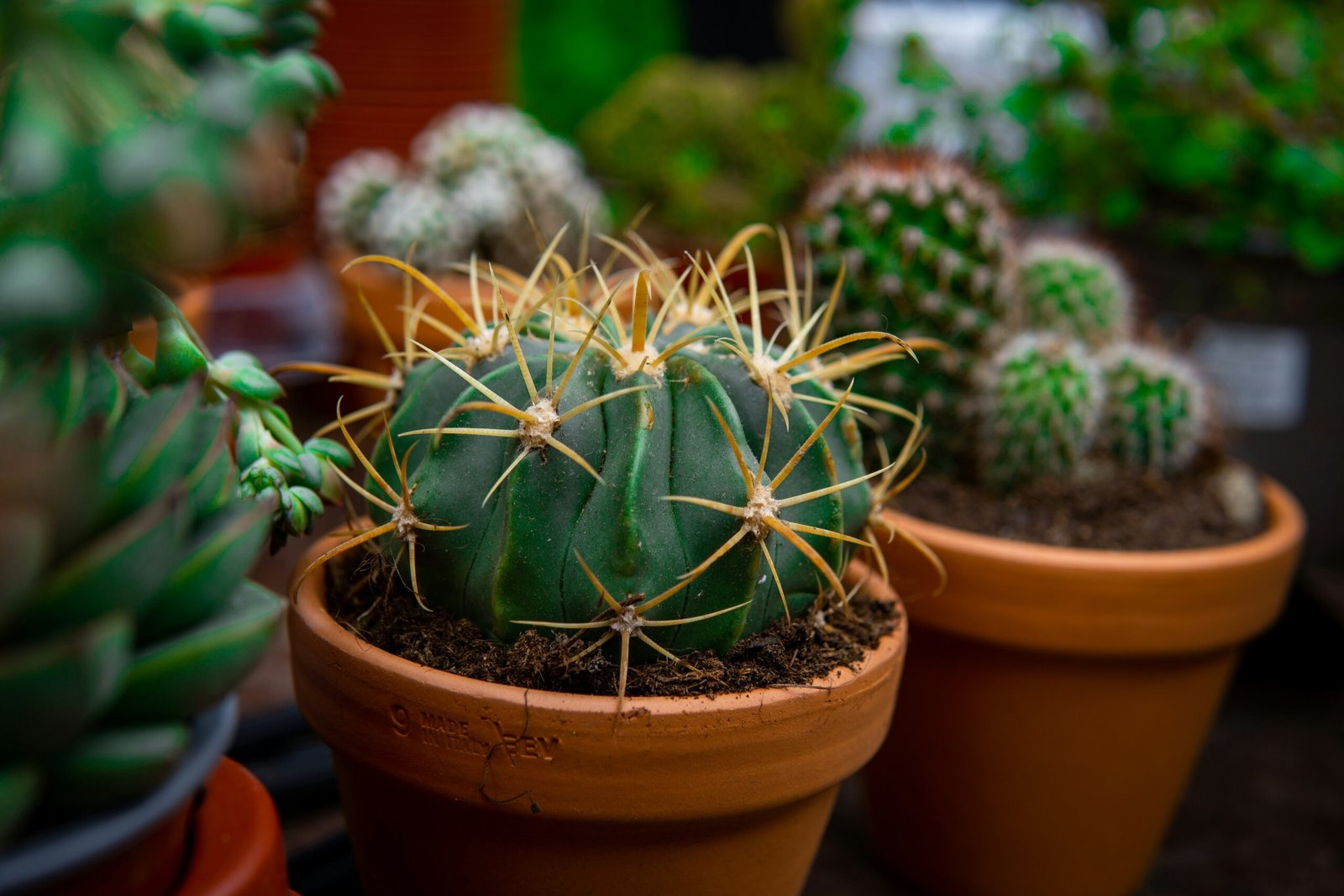Hey there! Ever wondered if eating too much meat can actually lead to gout? Well, in this article, we'll be exploring this interesting question and uncovering whether there's a connection between the two. Gout is a type of arthritis that is caused by the buildup of uric acid crystals in the joints, and it can be incredibly painful. So, if you're curious to know if your love for meat could potentially put you at risk for gout, keep reading!

Understanding Gout
Definition of gout
Gout is a type of arthritis that is caused by the buildup of uric acid crystals in the joints. It typically affects the joints in the feet, especially the big toe, and can cause severe pain, swelling, and redness. Gout attacks often occur suddenly and can last for several days or weeks before subsiding.
Common characteristics of gout
The most common characteristic of gout is the intense pain and swelling in the joints, particularly the big toe. Other joints that can be affected include the ankles, knees, wrists, and elbows. Gout attacks often happen at night and can be accompanied by a feeling of warmth and tenderness in the affected area. Some individuals with gout may also experience fever and fatigue during an attack.
Long-term effects of gout
If left untreated, gout can lead to long-term complications such as joint damage, tophi (small, lumpy deposits of uric acid crystals under the skin), and kidney stones. It can also increase the risk of developing other health conditions, including heart disease, high blood pressure, and diabetes. It is therefore crucial to manage gout effectively to prevent these long-term effects.
Causes of Gout
Genetic predisposition to gout
Genetics plays a role in determining an individual's susceptibility to gout. Some people inherit genes that affect the way their bodies process and eliminate uric acid, leading to higher levels of uric acid in the blood. This genetic predisposition can increase the likelihood of developing gout, especially when combined with other risk factors such as diet and lifestyle.
Impact of diet on gout
Dietary choices can significantly influence the development and progression of gout. Certain foods and beverages high in purines, such as red meat, seafood, and alcohol, can increase uric acid levels in the blood and contribute to gout attacks. On the other hand, consuming a balanced diet rich in fruits, vegetables, low-fat dairy products, and whole grains can help reduce the risk of gout and control its symptoms.
Environmental factors influencing gout
Apart from genetic factors, environmental factors can also contribute to the development of gout. Obesity, high blood pressure, insulin resistance, and certain medications can increase the risk of gout. Additionally, exposure to lead and other environmental toxins has been linked to gout, highlighting the importance of maintaining a healthy lifestyle and minimizing exposure to harmful substances.
Co-morbidities exacerbating gout
Gout often occurs alongside other medical conditions, known as co-morbidities, which can worsen its symptoms. Common co-morbidities include metabolic syndrome, diabetes, kidney disease, and cardiovascular disease. These conditions can interact with gout, making it more challenging to manage and increasing the risk of complications. It is essential to address and manage these co-morbidities to effectively control gout.
Meat and Gout Relationship
Overview of meat and gout studies
Numerous studies have explored the relationship between meat consumption and gout. While the findings are not always consistent or definitive, there is evidence suggesting that excessive consumption of certain types of meat may increase the risk of developing gout or exacerbate its symptoms.
Correlation between meat consumption and gout
Some studies have found a correlation between frequent consumption of meat, particularly red meat and processed meat, and an increased risk of gout. This correlation may be attributed to the high purine content of these meats, which can lead to elevated uric acid levels in the blood when metabolized.
Meats with high uric acid content
Certain meats have been identified as high in purines, which can contribute to gout. Red meat, such as beef, lamb, and pork, is commonly associated with higher levels of purines. Additionally, organ meats like liver, kidney, and sweetbreads are particularly high in purines. Processed meats like sausages and hot dogs often contain additives that can also trigger gout attacks.
Digestion of Meat
How meat is broken down in the body
When you consume meat, it goes through a process of digestion in the body. First, it is broken down into smaller molecules by stomach acids and digestive enzymes. The proteins in meat are then further broken down into amino acids, which are used by the body for various functions.
Uric acid release during digestion of meat
During the digestion of meat, purines present in the meat are metabolized and broken down into uric acid. Uric acid is normally processed by the kidneys and excreted through urine. However, excessive consumption of meat can lead to the accumulation of uric acid in the blood, increasing the risk of gout attacks.

Meat Types and Gout Risk
Red meat and gout
Red meat has been linked to a higher risk of gout due to its high purine content. The metabolism of purines from red meat can result in increased uric acid production, leading to the development or worsening of gout symptoms. It is recommended to limit red meat consumption, especially for individuals with a history of gout or high uric acid levels.
White meat and gout
White meat, such as chicken and turkey, is generally considered lower in purines compared to red meat. While it is unlikely to significantly raise uric acid levels, some studies have suggested that moderate consumption of white meat may still contribute to gout attacks. It is advisable to consume white meat in moderation and consider other dietary factors when managing gout.
Processed meat and gout
Processed meats, including sausages, hot dogs, and deli meats, are often high in purines and additives that can trigger gout attacks. These meats should be consumed sparingly or avoided altogether by individuals with gout. Opting for fresh, unprocessed alternatives can help lower the risk of gout and improve overall health.
Fish and gout
Fish is a source of lean protein that is generally considered to be a healthier alternative to red and processed meats. While some types of fish may contain moderate levels of purines, studies have shown that regular consumption of fish, particularly fatty fish rich in omega-3 fatty acids like salmon and mackerel, may actually have a protective effect against gout. Including fish as part of a balanced diet can be beneficial for gout sufferers.
Other Dietary Factors Contributing to Gout
Alcohol and gout
Alcohol consumption, especially excessive intake of beer and spirits, has been associated with an increased risk of gout. Alcohol interferes with the removal of uric acid from the body, leading to its accumulation and potentially triggering gout attacks. It is advisable for individuals with gout to limit or avoid alcohol altogether to manage their condition effectively.
Sugar and gout
High intake of sugar-sweetened beverages, such as soda and fruit juices, has been linked to an increased risk of gout. These beverages are not only high in sugar but also contain fructose, which can elevate uric acid levels. Lowering sugar consumption and opting for healthier drink options, such as water or herbal tea, can help reduce the risk of gout.
Low water intake and gout
Dehydration and low water intake can contribute to the development of gout. When the body is not adequately hydrated, uric acid can become more concentrated in the blood, increasing the chance of crystal formation and gout attacks. It is important to stay hydrated by drinking enough water throughout the day to prevent gout and promote overall health.

Preventing Gout through Diet
Importance of a balanced diet
Maintaining a balanced diet is crucial for preventing gout and managing its symptoms. A balanced diet includes a variety of foods, such as fruits, vegetables, whole grains, lean proteins, and low-fat dairy products. This type of diet can provide essential nutrients while minimizing the intake of purine-rich foods that can trigger gout attacks.
Healthy meats for gout sufferers
While certain meats should be limited or avoided by individuals with gout, there are healthier meat options that can still be enjoyed. Lean proteins like poultry, tofu, and legumes can provide the necessary protein without significantly increasing uric acid levels. It is important to prepare these meats without added fats or sauces that may worsen gout symptoms.
Vegetables and fruits in gout prevention
Including a variety of vegetables and fruits in the diet is beneficial for gout prevention. These foods are low in purines and high in essential nutrients, fiber, and antioxidants. Leafy greens, berries, citrus fruits, and tomatoes, in particular, have been found to have anti-inflammatory properties that can help reduce gout-related inflammation and alleviate symptoms.
Treatment of Gout
Common anti-gout medications
Medical treatment for gout often involves the use of medications. Nonsteroidal anti-inflammatory drugs (NSAIDs), colchicine, and corticosteroids are commonly prescribed to relieve pain and inflammation during gout attacks. Additionally, medications such as xanthine oxidase inhibitors and uricosuric agents can help lower uric acid levels in the blood and prevent future gout attacks.
Dietary changes to treat gout
In addition to medication, dietary changes play a crucial role in managing gout. This includes avoiding or limiting high-purine foods, such as red meat, organ meats, seafood, and sugary beverages, which can trigger gout attacks. Incorporating a balanced diet with healthier meat and plant-based protein sources can help reduce the frequency and severity of gout symptoms.
Role of lifestyle changes in managing gout
Aside from medication and diet modifications, certain lifestyle changes can help manage gout and reduce its impact. Regular exercise can help maintain a healthy weight, improve joint function, and lower uric acid levels. Managing stress, getting enough sleep, and avoiding triggers such as alcohol and dehydration are also important aspects of gout management.
Impact of Reducing Meat Consumption on Gout
Effects on gout symptoms
Reducing meat consumption, especially high-purine meats, can have a positive impact on gout symptoms. By lowering the intake of foods that contribute to elevated uric acid levels, individuals may experience fewer and less severe gout attacks. Combining this dietary modification with medication and other recommended lifestyle changes can lead to better gout management and improved quality of life.
Will reducing meat cure gout
While reducing meat consumption can help manage gout and alleviate symptoms, it may not completely cure the condition. Gout is a complex disease influenced by various factors, including genetics and lifestyle. However, adopting a diet that emphasizes healthier choices and promotes overall well-being can significantly reduce the frequency and intensity of gout attacks.
Benefits and challenges of reducing meat
Reducing meat consumption offers several benefits beyond gout management. It can contribute to weight loss and improve overall heart health by lowering cholesterol levels and reducing the risk of chronic diseases. However, individuals may face challenges in adopting a meat-reduced diet, such as finding suitable protein alternatives and adjusting to new dietary habits. Seeking guidance from healthcare professionals or nutritionists can help overcome these challenges.
Future Research Directions
Need for more studies on meat and gout
While existing research has shed light on the relationship between meat consumption and gout, further studies are needed to provide a more comprehensive understanding. Future research should aim to investigate the specific mechanisms through which meat and its components contribute to gout development and progression. Additionally, longitudinal studies can help establish stronger associations between meat consumption and gout risk.
Emerging research themes
Emerging research in the field of gout and diet is exploring various themes. This includes investigating the effects of specific dietary components, such as antioxidants and omega-3 fatty acids, on gout management. The influence of dietary patterns, such as the Mediterranean diet or plant-based diets, on gout outcomes is also gaining attention. Such research can provide valuable insights into effective dietary strategies for individuals with gout.
How research can influence dietary guidance
As research continues to expand our understanding of the association between diet and gout, it can contribute to improved dietary guidance for individuals with gout. Evidence-based recommendations can help guide healthcare professionals in advising patients on dietary modifications that can effectively manage gout. By keeping up with the latest research findings, healthcare providers and individuals with gout can make informed decisions about their dietary choices and optimize their gout management strategies.
In conclusion, while excessive consumption of meat, especially high-purine meats, may increase the risk of gout or worsen its symptoms, it is essential to consider the overall dietary picture and lifestyle factors when managing this condition. A balanced diet that includes a variety of foods, emphasizing healthy proteins, vegetables, and fruits, can help prevent and manage gout. Furthermore, lifestyle changes, such as regular exercise, stress management, and adequate hydration, play an important role in reducing the impact of gout. By understanding the relationship between meat and gout and making informed dietary choices, individuals can better control their condition and improve their overall health and quality of life.
